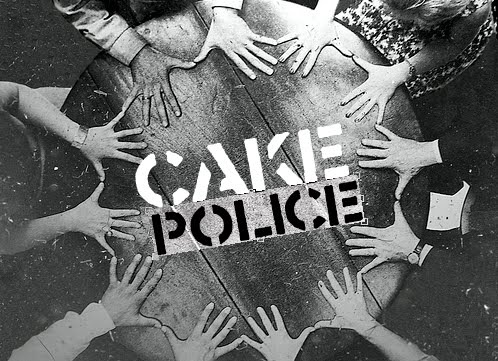"If the dominant ideology must work beyond the experience or ‘world’ of the rulers to become ‘normal’ (and normative) in society, it must be universal in some strong sense. We are led to the following question: which is the (imaginary) experience that can be universalized, that is both generalized and idealized in society? Contrary to the common assumption of most sociological theories of legitimacy and hegemony, it cannot be primarily the ‘lived’ experience of the rulers, but only the ‘lived’ experience of the dominated masses, which – as Marx said of religion – involves at the same time an acceptance or recognition and a protest or revolt against the existing ‘world.’ We reach the paradoxical thesis that in the last instance there is nothing like a dominant ideology of the rulers (for example, a dominant ‘capitalist’ ideology). The dominant ideology in a given society is a specific universalization of the imaginary of the dominated: what it elaborates are such notions as Justice, Liberty and Equality, Effort and Happiness, etc., which draw their potential universal meaning from their belonging to the imaginary of the individuals who live the masses’ or the people’s conditions.
“We must understand that there is no ‘illusion,’ no ‘alienation’ here (if only because the basic discourse of the dominant ideology is not to present justice or happiness as already realized, but rather as common values and objectives for which to continuously strive). The mystification lies only in the denegation of a structural antagonism between the dominated and the dominant. But for this very simple reason there is a high degree of ambivalence. Just as the accumulation of capital is made of ‘living labor’ (according to Marx), so the oppressive apparatuses of the State, Churches, and other dominant institutions function with the popular religious, moral, legal and aesthetic imaginary of the masses as their specific fuel. And just as there is a latent contradiction in exploitation, there is a latent contradiction in ideological domination. When the dominated take seriously the universality of their own imaginary, which has been returned to them ‘from above,’ more precisely, when they collectively undertake to act according to the calling of their own imaginary, they don’t any longer accept the existing order, but revolt against it. And when in given historical conjunctures the contradiction of exploitation and ideological revolt meet, you can call it a revolution (successful or not). No class is the absolute ‘Subject of History,’ but there is no doubt that only the masses really ‘make history,’ i.e., only they can produce political changes." - Étienne Balibar
Monday, April 12, 2010
Subscribe to:
Post Comments (Atom)

No comments:
Post a Comment